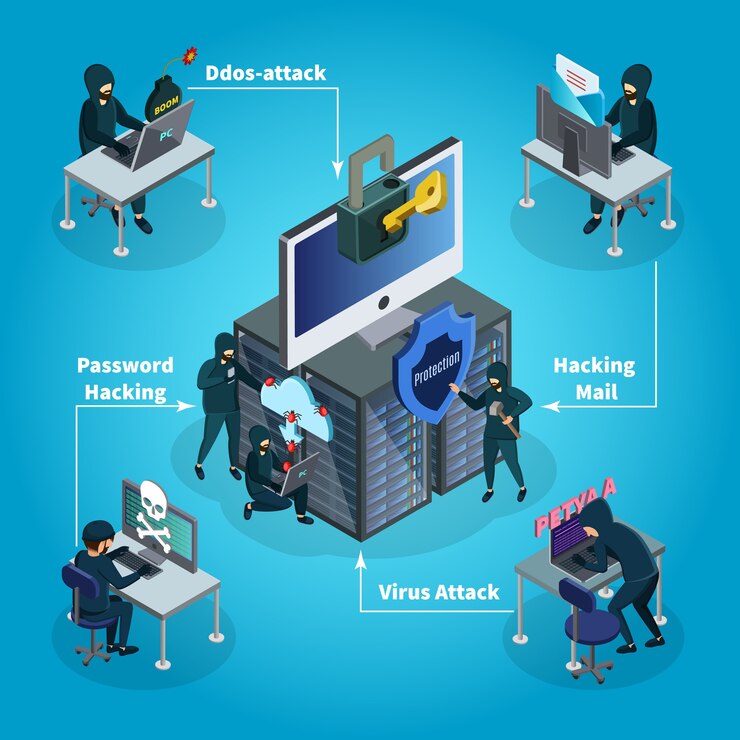
The rapid growth of the internet has transformed how Filipinos interact, conduct business, and share information. However, it has also introduced new challenges, including a rise in online crimes. The Philippine government has responded to these challenges by enacting Republic Act No. 10175, commonly known as the Cybercrime Prevention Act of 2012. This law aims to define, prevent, and penalize cybercrimes committed within the country. Here’s a closer look at what the law entails, its implications, and what Filipinos should know about their rights and responsibilities online.
What is Cybercrime?
In simple terms, cybercrime refers to illegal activities conducted using a computer, the internet, or other digital networks. These crimes can range from hacking and identity theft to cyberstalking and online fraud. Cybercrime can be committed by anyone with access to the internet and the necessary technical knowledge, making it one of the most pervasive challenges of our time.
Key Features of the Cybercrime Prevention Act
The Cybercrime Prevention Act addresses a wide variety of online crimes, grouped primarily into three categories:
Offenses Against Confidentiality, Integrity, and Availability of Computer Data and Systems
These are crimes where a person’s private data is accessed, modified, or destroyed without their permission. For instance, hacking, cyber-squatting, and malware attacks fall under this category.Computer-Related Offenses
This includes offenses such as identity theft, computer-related fraud, and forgery. For example, if someone uses another person’s data to apply for a loan or credit card without permission, they would be liable under this section of the law.Content-Related Offenses
The law also addresses certain types of harmful or illegal content shared online. This includes child pornography, cybersex, and libel. The inclusion of online libel has been a controversial part of the law, as it raises concerns about free speech.
Penalties Under the Cybercrime Law
Violations of the Cybercrime Prevention Act can result in penalties ranging from fines to imprisonment. For instance:
- Illegal Access: Unauthorized access to any computer system can lead to imprisonment of six years and a fine of up to PHP 200,000.
- Cyber Libel: Posting libelous content online could lead to imprisonment and fines as set by the Revised Penal Code, which is applied more strictly in online settings.
- Cybersex: Engaging in or promoting cybersex activities is punishable with imprisonment and a fine ranging from PHP 200,000 to PHP 1,000,000.
The penalties are typically higher than for similar crimes committed offline, emphasizing the government’s commitment to protecting online privacy and security.
Controversies and Criticisms of the Law
Since its enactment, the Cybercrime Prevention Act has received criticism from various sectors. The inclusion of cyber libel in particular has been contentious. Critics argue that the law could be used to suppress freedom of speech and censor critical voices, especially in the context of political opinions shared online. Supporters, however, see it as necessary for combating online defamation and protecting individuals from harm.
Several amendments and revisions have been proposed to clarify or remove certain provisions, but the law remains active as the primary tool for prosecuting cybercrimes in the Philippines.
How to Stay Safe Online
- Secure Your Personal Information: Use strong, unique passwords and enable two-factor authentication on your online accounts.
- Be Cautious with Personal Data: Avoid sharing sensitive information on social media, and think twice before clicking on links or downloading files from unknown sources.
- Respect Others Online: Refrain from posting defamatory or harmful content. Understand that cyber libel is taken seriously in the Philippines.
- Report Cybercrimes: The Philippine National Police’s Anti-Cybercrime Group (PNP-ACG) and the National Bureau of Investigation’s Cybercrime Division are designated agencies where you can report cybercrimes.
Conclusion
The Cybercrime Prevention Act of 2012 has fundamentally shaped how the Philippines addresses online crime. While it raises questions about balancing security and freedom of expression, it is also a vital step towards protecting citizens in the digital age. By being informed and exercising caution online, Filipinos can navigate the internet more safely, contributing to a healthier digital environment for all.

